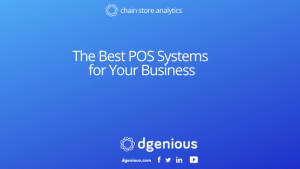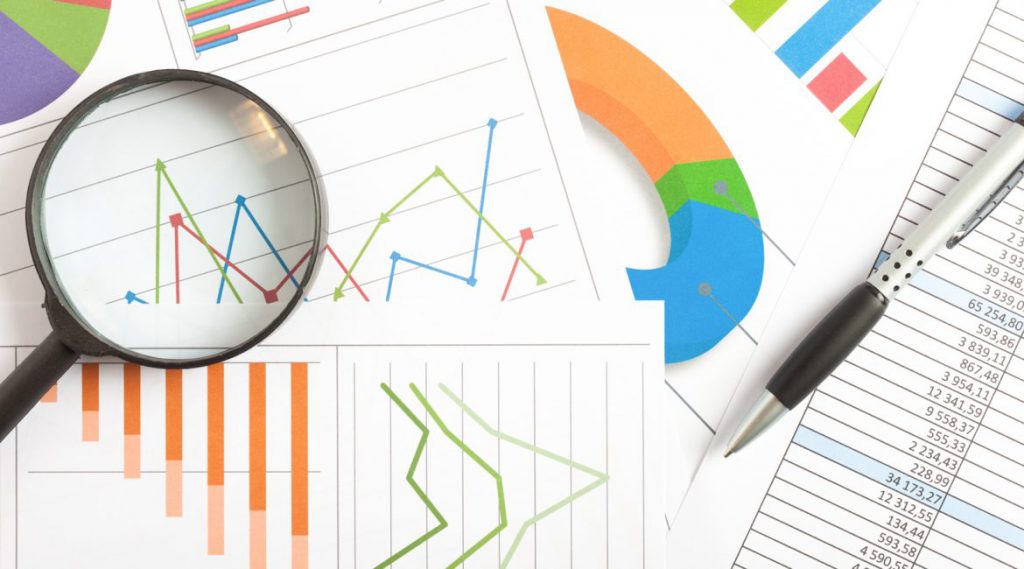
Business experts agree that data analytics is crucial for retail success.
However, not all retail businesses take the most efficient path to extracting insights from the data they gather. Even more surprisingly, not all managers realise that data without analytics is of little use.
Many retailers choose to rely on standard POS reports, not knowing that they’re missing out on a world of insights. The fact is that data analysis requires top-class solutions, which come with a specific degree of expertise. And, while standard POS reports do provide some leverage, their reach is only limited.
In this article, you’re going to learn why standard POS reports don’t lead to top-class retail analytics. Plus, you’ll learn what you should be doing instead for maximum business growth.
What are standard POS reports and what type of data they generate?
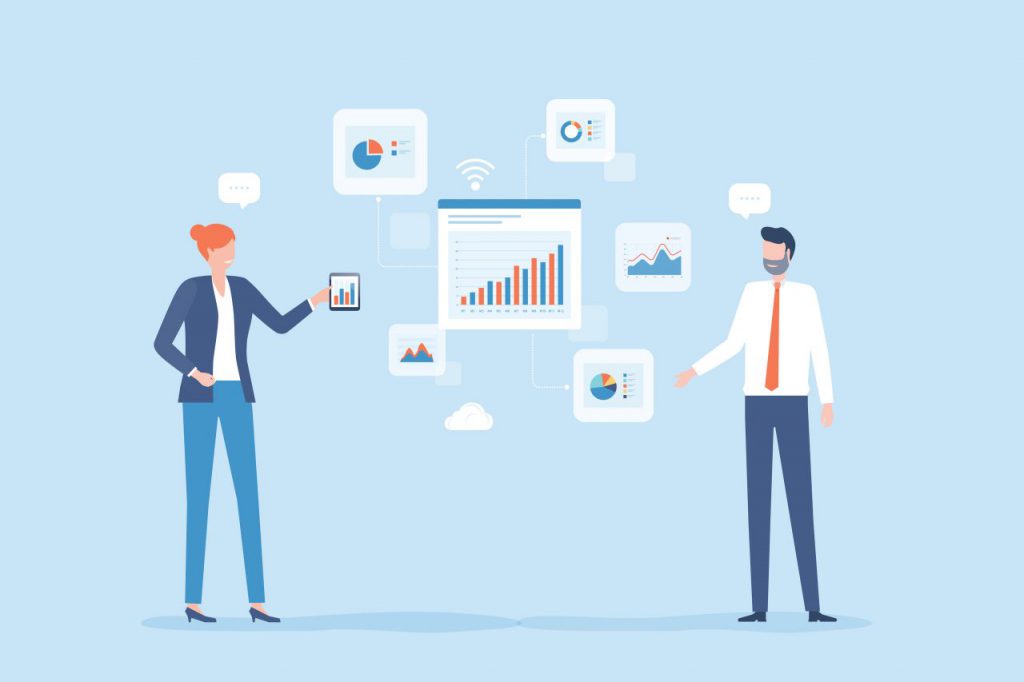
To understand standard POS reports, you must first know how they are created and what type of data they generate — and that starts with the POS system itself.
POS systems are created by POS developers who take into account a generic list of requirements for implementation. Their goal is to create secure systems that satisfy as many types of customers as possible.
Given the broad specificity of the requirements they take into consideration, standard POS systems are not flexible enough to accommodate custom retail requirements. Subsequently, this standardisation is also reflected in the reports generated by the POS systems.
Standard POS reports regularly extract and aggregate information based on a set of commands from POS developers. While they do provide valuable data, they won’t paint a complete picture of your retail network.
The generated data is just that: data. By itself, it tells you very little (or nothing at all). Mainly, standard POS reports share legacy data on sales, products, and customers but leave many stones unturned. While standard POS reports can tell you how many items were sold in a day, they don’t reconcile these numbers with your items on stock or customer experience. That means you will have many numbers on your plate. Still, you’ll lack actionable insights that can lead to critical decision making.
What are the downsides of standard POS reports?

While POS developers can help you build custom POS reports, you should be ready to pay a hefty bill and arm yourself with a lot of patience. Manually creating personalised POS reports that respond to your needs is expensive and will require a lot of development time.
Another downside is that standards POS reports have limited reconciliation capabilities. This means you will probably be unable to aggregate and match data from different systems such as your online orders system, ERP data, staff management systems, and other systems you might want to leverage.
And, if that wasn’t limiting enough, there’s another considerable downside in working with standard POS systems: you can only access data retrospectively. While legacy data is important, accessing real-time data is essential to making changes rapidly and optimising your retail business.
According to NewVantage, 81.7% of companies have a mix of legacy and modern cloud technologies — highlighting the rapid transition to the cloud continues year over year. The reason? Cloud systems are experts at analysing data in real-time, providing a better overview for retail businesses and more insightful tips for better decision-making.
Read the english transcript of the episode #2 of our podcast “dgenious, Let’s talk retail” which explains why you should adopt a modern, operational and accessible data strategy for your distribution network.
Why do you need top-class retail analytics?

To keep your retail business competitive, you need to have an overview of all your departments and constantly optimise them. Here’s where top lass retail analytics can come in to help you improve customer experience, logistics, management, and even sales. By providing actionable insights, retail analytics can ease and boost the decision-making process.
However, in order for the analytics to deliver the correct set of practical insights, you need to ensure you have the right POS reporting solution, one that’s fit to measure. In this case, standard won’t do it. Luckily, even if you operate a complex retail network, there are advanced automated solutions that can help.
dgenious, for example, connects itself directly to POS systems, gathering data to analyse at the most crucial moment of the retailer journey: the purchase. With dgenious’ help, you can leverage top-class retail analytics for transactions, understanding precisely how your customers spend money. And, more importantly, understanding how you can get them to spend more.
Plus, with you can automatically connect the data generated by multiple retail points and create custom reports. Leveraging advanced reporting solutions, dgenious can even reconcile, in real-time, data from various touch-points including your cash register, your stock, ERP, CRM, and more.
With dgenious, you can customise your POS reports based on KPIs that matter to your business. At any given point, you have full control and flexibility to natively personalise reports and reconcile different systems in real-time. I WANT TO RAISE MY DATA GAME
What type of reports you need to generate for top class analytics?
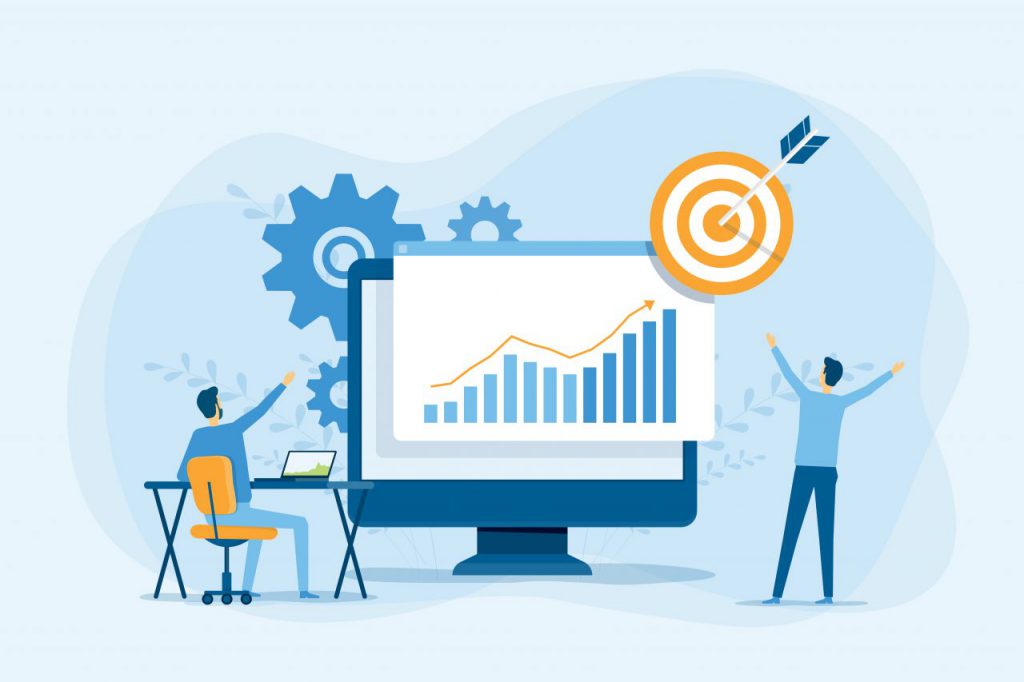
If you want to leverage the full power of data analytics for your retail business, you’ll need a set of custom-made, advanced reports. In essence, you’ll need to create reports for all the activities your business performs, from marketing to finances, sales, logistics, and even HR.
More specifically, to boost your business, you’ll need five essential types of reports: sales reports, product performance reports, inventory reports, customer reports, and employee reports.
Solutions such as dgenious can automatically generate multi-system reports and reconcile data across your retail points. With the gathered data, it can then perform a complex set of retail analytics such as: in-store analytics, customer analytics, merchandise attribute analytics, inventory analytics, and even web analytics. These will help you to understand your business better, optimise your operations, and increase your revenue.
Ready to uplevel your POS reports for top class analytics?
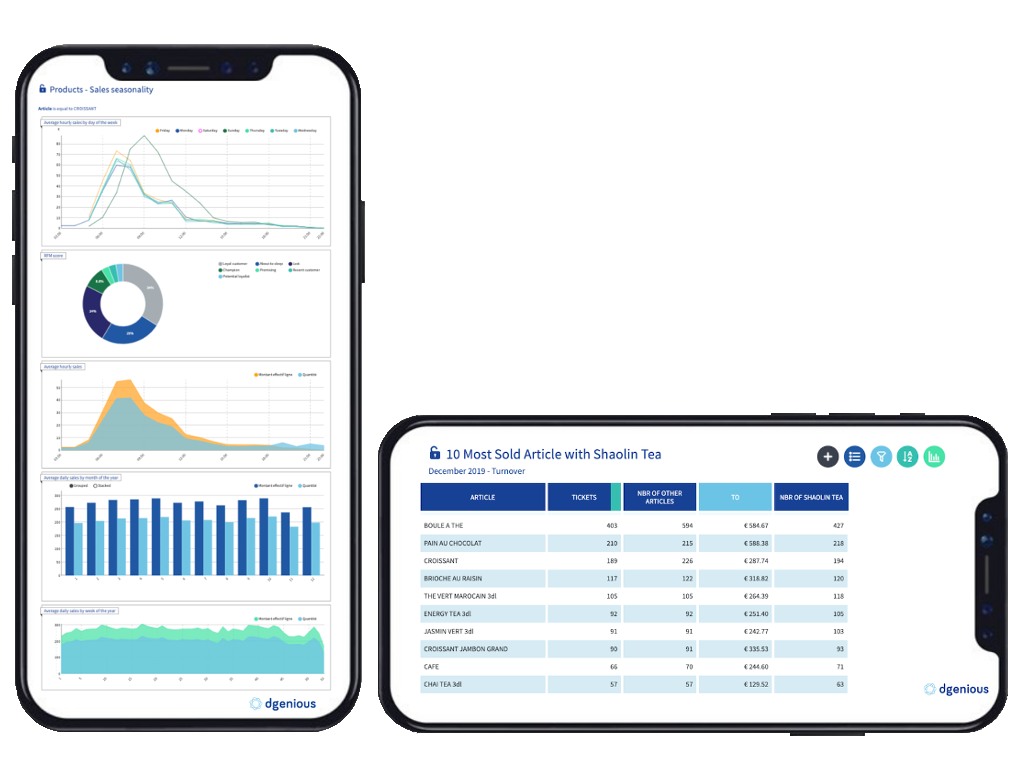
When interpreted by top-class analytics data can help you build a better retail business. And, in an ultra-competitive world in which every advantage counts, you want to make sure you’re always one step ahead.
dgenious can help you break the cycle of standard POS reports and make the most of your data.
If you’re serious about building a retail business that will always outpace the competition, start today. Contact us and let’s begin.

